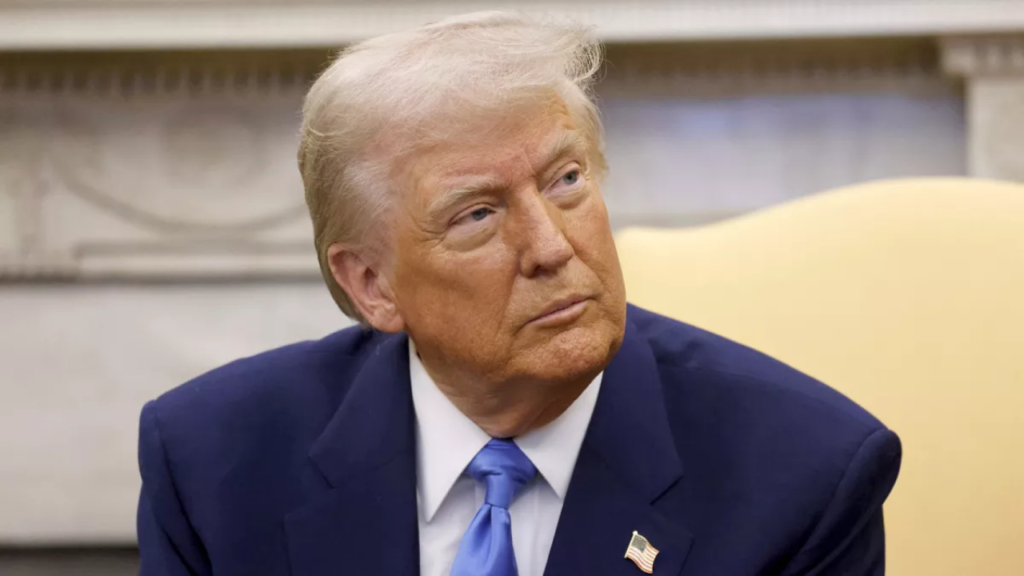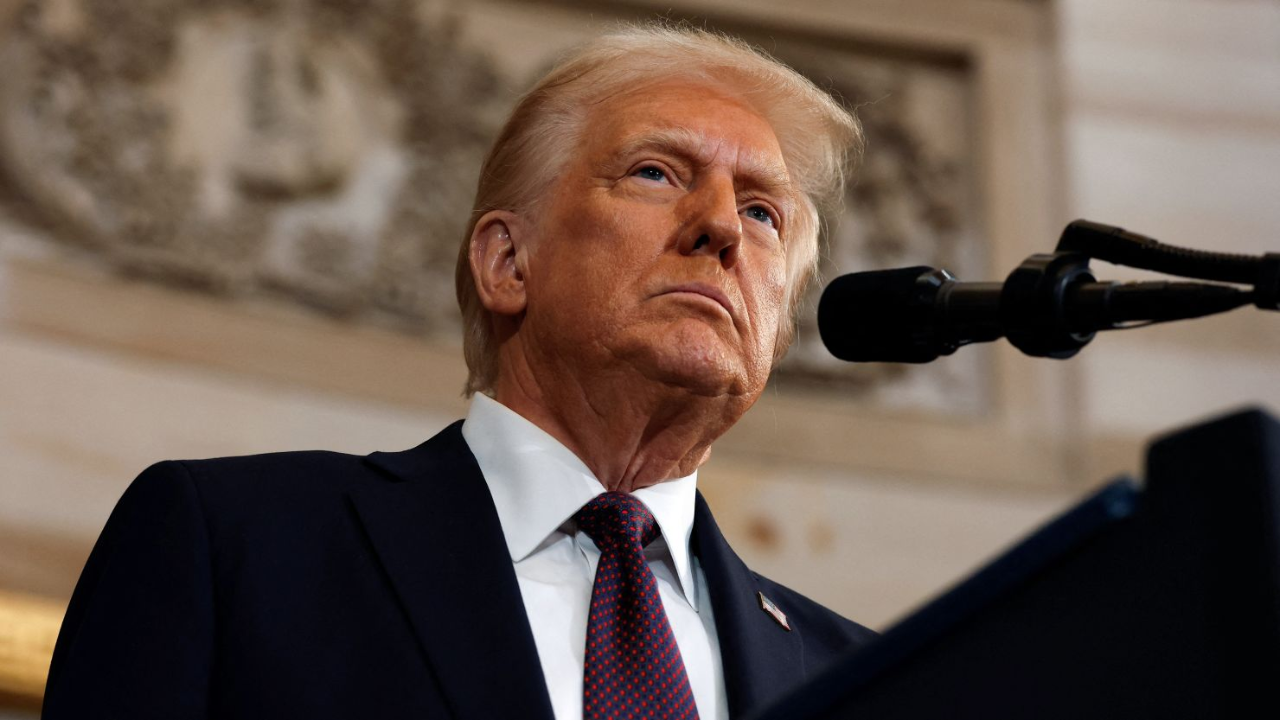It’s a season of diplomacy, and former President Donald Trump is eager to return to the global stage by striking what he calls the “deals of the century.”
According to officials from his first term, few things thrilled him more than flying to the capital of a rival nation and signing agreements under the spotlight.
Trump once claimed he and North Korea’s Kim Jong Un “fell in love,” and he’s often referred to Russian President Vladimir Putin as a friend. But perhaps the most surprising new relationship Trump seeks is with Iran.
Back in January 2020, during Trump’s first term, the U.S. launched a drone strike that killed Qassim Soleimani, the powerful commander of Iran’s Quds Force and the architect of multiple regional wars.
In response, Iran condemned Trump and several top officials to death, and U.S. intelligence agencies have since foiled several Iranian-linked plots to assassinate him.
Since October 7, 2023, tensions between the U.S. and Iran have only intensified. The U.S. has indicated it may join Israel in targeting Iran’s nuclear facilities, missile arsenals, and military infrastructure.
At the same time, the U.S. has launched operations against Yemen’s Houthi rebels—an Iranian proxy group that poses a significant threat to international shipping. Washington has called on Iran to rein in the Houthis.
But is the U.S. truly preparing for war? Probably not. Like the Saudi-led effort over the past decade, the American campaign against the Houthis is likely to stall.

And a direct U.S. strike on Iran remains highly unlikely. Trump doesn’t want war—he wants a signature moment.
Just as he once threatened “fire and fury” against Kim Jong Un before pivoting to praise and handshakes, he likely seeks a similar narrative arc with Iran.
However, the dream of a “deal of the century” with Iran is destined to fail. We’ve seen this play out before. In the 2010s, the Obama administration, alongside several global powers, signed the Joint Comprehensive Plan of Action (JCPOA) with Iran, intended to curb its nuclear program.
But the deal offered massive sanctions relief—including billions in cash—without dismantling Iran’s vast network of proxy groups.
Even under the deal, Iran maintained its grip on Iraq through Shia militias, its influence in Lebanon through Hezbollah, and its support for Bashar al-Assad in Syria. Ties with Hamas and Islamic Jihad in Gaza remained strong.
Moreover, the JCPOA failed to significantly roll back Iran’s nuclear progress. Inspectors reported constant challenges at sites like Fordow, where monitoring equipment mysteriously failed.
Even under severe sanctions, Iran built a formidable missile and drone arsenal. When sanctions eased under Obama, Iran expanded these programs further.
If Trump strikes a new deal, Iran’s regime would likely welcome it—and continue business as usual, extending its influence and funding proxies.
While recent blows to Hezbollah and the fall of Assad in Syria have shaken Iran, its broader regional strategy remains intact, especially in Yemen and Iraq. The U.S. doesn’t have the attention span or the resources to truly counter this.
In the end, any agreement Trump negotiates is unlikely to curb Iran’s ambitions. But that likely won’t stop him from pursuing one—for the headlines, the ceremony, and the legacy.
Disclaimer- Our team has thoroughly fact-checked this article to ensure its accuracy and maintain its credibility. We are committed to providing honest and reliable content for our readers.






